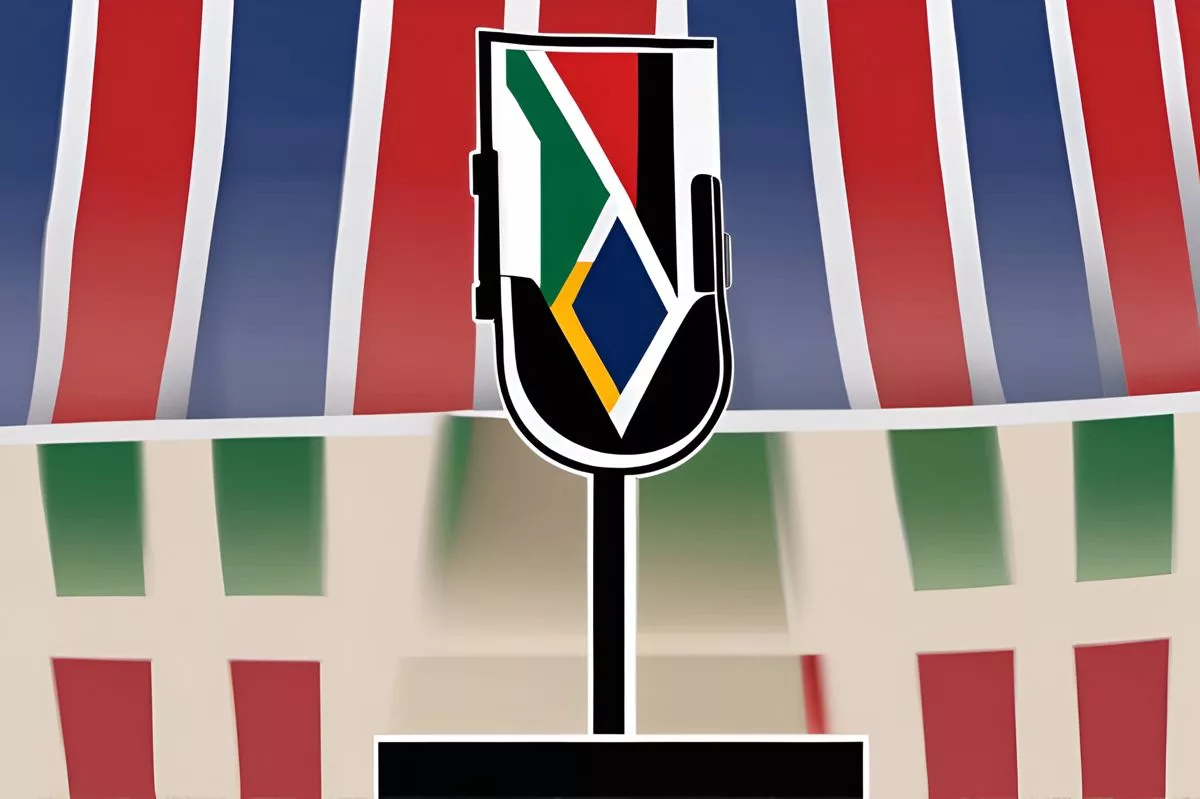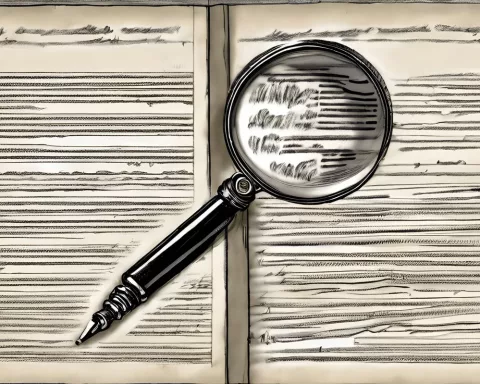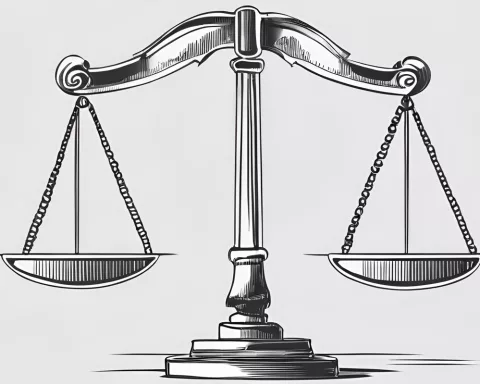In Limpopo, a landmark event took place as citizens had the opportunity to voice their concerns directly to Members of Parliament during the General Intelligence Laws Amendment Bill public hearing. The hearings covered a range of issues, including youth unemployment and border protection, and showcased the true essence of democracy through open dialogue and civic participation. The committee extended the deadline for written submissions and plans to continue the public participation process in Gauteng.
What was the General Intelligence Laws Amendment Bill public hearing in Limpopo?
The General Intelligence Laws Amendment Bill public hearing in Limpopo was a significant event where citizens voiced their concerns directly to members of parliament. The hearings covered various issues, including youth unemployment and border protection. The committee extended the deadline for written submissions until February 15th, 2024, and plans to continue with the public participation process in Gauteng. The hearings showcased the true nature of democratic society, encouraging open dialogue and civic participation.
A Significant Event in the Heart of Limpopo
In the energetic breadth of Limpopo, a noteworthy chapter in history was written at the Ga-Seleka Community Hall. This unassuming edifice, set within the Lephalale Local Municipality in the Waterberg District, was the backdrop for an event of significance: the concluding public hearing on the General Intelligence Laws Amendment Bill conducted by the Ad Hoc Committee. On January 24th, 2024, the community hall reverberated with the opinions of 250 curious citizens and 72 traditional leaders, all of whom were key participants in this democratic endeavor.
The Platform for Dialogue
The hearings were not exclusively centered around the amendment bill. Instead, they offered a platform for ordinary citizens to voice their concerns directly to Members of Parliament. Notably, this was the first-ever opportunity for many community members to interact with these political figures. As such, the hearings served as a conduit for a diverse exchange of ideas, fostering an atmosphere of open dialogue and transparency.
A multitude of service-related grievances was aired during these hearings, extending beyond the immediate purview of the amendment bill. Issues like youth unemployment, the urgent need for medical facilities, and the delivery of social grants and services for the elderly took center stage. Although these concerns were not directly related to the bill, the government was called upon to contemplate these vital focus areas. To ensure their importance is not forgotten, they will be referred to the relevant portfolio committees in Parliament.
Concerns and Themes Expressed
Echoing the worries expressed in both Musina and Tzaneen, crime and border protection featured prominently during the hearing. The public articulated their fears concerning the rise of illegal migration and cross-border crimes, highlighting the necessity for intelligence-led policing and border protection measures. The ghost of drug smuggling and the subsequent abuse, particularly among the youth, underscored the urgency of these issues.
In the throes of these fervent discussions, some community members expressed the need for additional time to thoroughly engage with the amendment bill. The committee empathized with this request, extending the deadline for written submissions until February 15th, 2024. Those interested in making a contribution were urged to send their submissions in writing to the assigned email address.
The Journey Continues
The culmination of the public hearings in Limpopo does not mark the end of this democratic exercise. The committee plans to continue its mission to Gauteng, where the public participation process will begin at the Tshwane Council Chamber in the Tshwane Municipality on Friday, January 26th, 2024.
In their entirety, these public hearings in Limpopo, filled with a spirited exchange of ideas and concerns, showcased the true nature of a democratic society. They serve as a testament that the legislative process transcends the confines of Parliament, reaching the remote corners of Limpopo and beyond, encouraging open dialogue, and cultivating an environment of civic participation.
What topics were covered during the General Intelligence Laws Amendment Bill public hearing in Limpopo?
The public hearing covered a range of issues, including youth unemployment, border protection, medical facilities, and the delivery of social grants and services for the elderly.
What was the purpose of the General Intelligence Laws Amendment Bill public hearing in Limpopo?
The purpose of the public hearing was to give citizens the opportunity to voice their concerns directly to Members of Parliament regarding the General Intelligence Laws Amendment Bill and other related issues.
What was the turnout like at the General Intelligence Laws Amendment Bill public hearing in Limpopo?
The public hearing was attended by 250 citizens and 72 traditional leaders.
Was the General Intelligence Laws Amendment Bill the only topic discussed during the public hearing in Limpopo?
No, the public hearing covered various issues, not just the General Intelligence Laws Amendment Bill. It provided a platform for citizens to voice their concerns on a range of issues.
Was the deadline for written submissions extended?
Yes, the committee extended the deadline for written submissions until February 15th, 2024.
Will the public participation process continue in other regions?
Yes, the committee plans to continue the public participation process in Gauteng, with the first hearing taking place on Friday, January 26th, 2024, at the Tshwane Council Chamber in the Tshwane Municipality.












